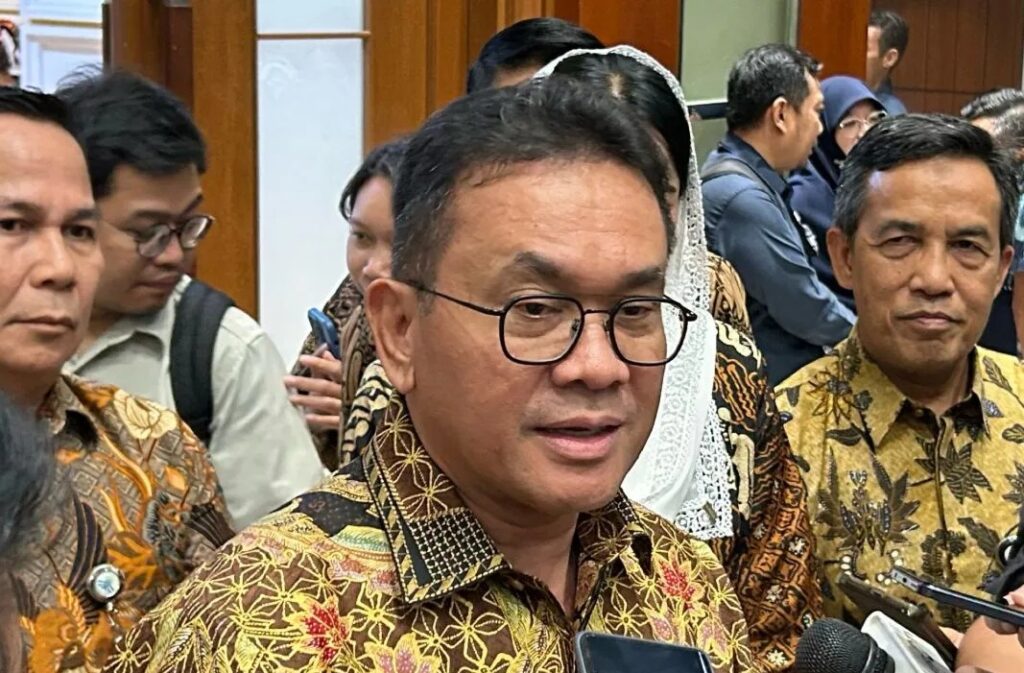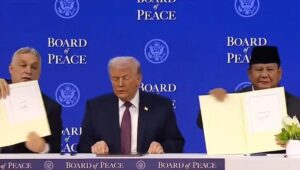Indonesia Enjoys Lowest U.S. Import Tariffs Among ASEAN Countries, Says Trade Minister

Jakarta, The Gulf Observer: Indonesian Trade Minister Budi Santoso has announced that Indonesia currently faces the lowest import tariff rates imposed by the United States among Southeast Asian (ASEAN) countries, a position that he says strengthens Indonesia’s competitive edge in accessing the U.S. market.
“In ASEAN, we have the lowest (tariff rates),” Minister Santoso stated during a press briefing on Wednesday, highlighting the positive position Indonesia holds in the region’s trade dynamics with the U.S.
The minister emphasized that the Indonesian government has undertaken early mitigation steps in preparation for upcoming tariff negotiations with the United States. As part of these efforts, Indonesia has identified its top 10 export commodities to the U.S., aiming to secure a mutually beneficial agreement that supports both economic interests and bilateral cooperation.
Minister Santoso noted that the current 19 percent import tariff applied by the U.S. on Indonesian goods remains favorable, providing expanded opportunities for Indonesian exporters.
“So far, our (exports) are still performing well. If we can maintain this tariff until August 1, it means our opportunities to enter the U.S. market will be even greater,” he said.
In comparison with other ASEAN countries, Indonesia leads with the lowest tariff bracket:
- Indonesia: 19%
- Vietnam & the Philippines: 20%
- Malaysia & Brunei Darussalam: 25%
- Thailand & Cambodia: 36%
- Myanmar & Laos: 40%
Minister Santoso also stressed that the reciprocal tariff agreement between Indonesia and the U.S. is not limited to improved market access, but also includes new U.S. investments in Indonesia, particularly in the energy sector.
“It is not just about market access. It turns out they are also preparing to invest in Indonesia,” Santoso remarked during a working meeting with Commission VI of the House of Representatives (DPR).
“There were concerns about oil, but the U.S. is also planning to invest here. This means there are Indonesian commodities that will receive U.S. investment,” he added.
The Indonesian government remains optimistic that maintaining the current tariff structure will not only bolster export performance but also open doors for strategic U.S. investments, thereby reinforcing long-term economic cooperation between the two nations.


